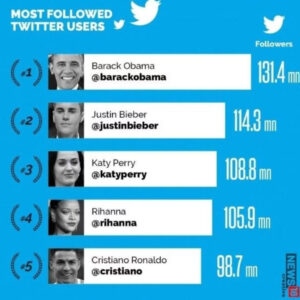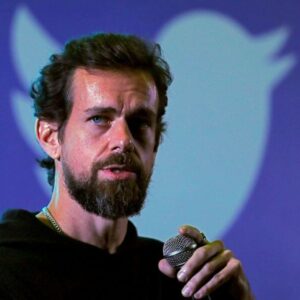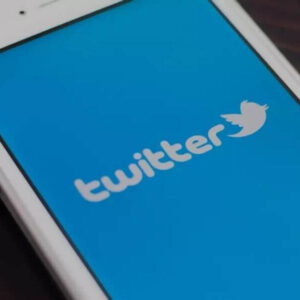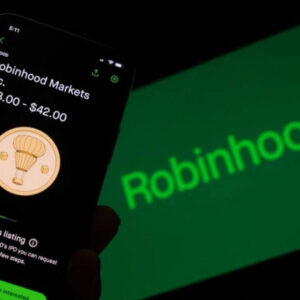Why did NPR leave Twitter? NPR will no longer post fresh content to its 52 official Twitter feeds, becoming the first major news organization to go silent on the social media platform. In explaining its decision, NPR cited Twitter’s decision to first label the network “state-affiliated media,” the same term it uses for propaganda outlets in Russia, China and other autocratic countries.
The decision by Twitter last week took the public radio network off guard. When queried by NPR tech reporter Bobby Allyn, Twitter owner Elon Musk asked how NPR functioned. Musk allowed that he might have gotten it wrong.
Twitter then revised its label on NPR’s account to “government-funded media.” The news organization says that is inaccurate and misleading, given that NPR is a private, nonprofit company with editorial independence. It receives less than 1 percent of its $300 million annual budget from the federally funded Corporation for Public Broadcasting.
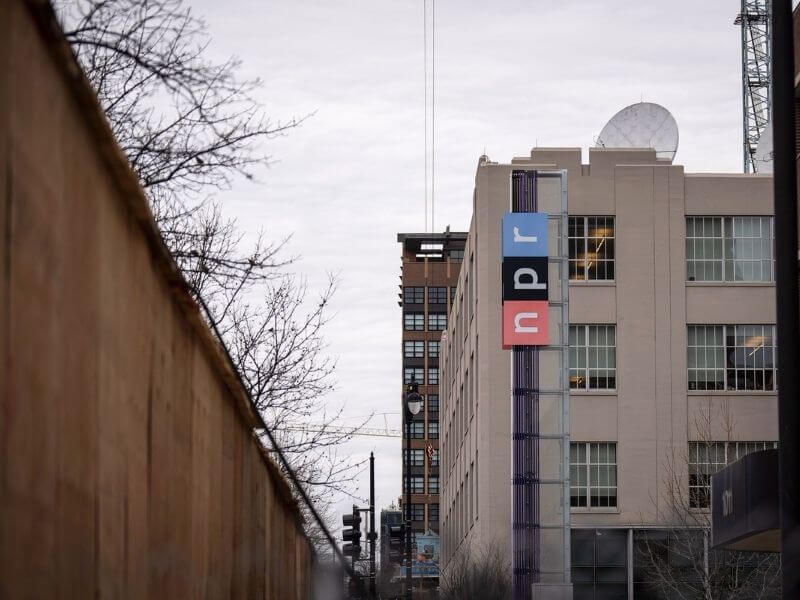
Why did NPR leave Twitter?
A lot of people threaten to leave Twitter. Not many of them have actually done it.
This was true even before Elon Musk’s purchase of the platform a year ago. But the parade of calamities since — cutting back on moderation, unplugging servers, reinstating banned accounts, replacing verified check marks with paid subscription badges, throttling access to news sites, blaming the Anti-Defamation League for a decline in advertising — has made stepping away more appealing, either because the timeline is toxic or because the site simply doesn’t function the way it used to.
Last April, the company gave NPR a reason to quit — it labeled the network “U.S. state-affiliated media,” a designation that was at odds with Twitter’s own definition of the term. NPR stopped posting from its account on April 4.
A week later, it posted its last update — a series of tweets directing users to NPR’s newsletters, app, and other social media accounts. Many member stations across the country, including KUOW in Seattle, LAist in Los Angeles, and Minnesota Public Radio, followed suit.
Six months later, we can see that the effects of leaving Twitter have been negligible. A memo circulated to NPR staff says traffic has dropped by only a single percentage point as a result of leaving Twitter, now officially renamed X, though traffic from the platform was small already and accounted for just under two percent of traffic before the posting stopped.
(NPR declined an interview request but shared the memo and other information). While NPR’s main account had 8.7 million followers and the politics account had just under three million, “the platform’s algorithm updates made it increasingly challenging to reach active users; you often saw a near-immediate drop-off in engagement after tweeting and users rarely left the platform,” the memo says.
There’s one view of these numbers that confirms what many of us in news have long suspected — that Twitter wasn’t worth the effort, at least in terms of traffic. “It made up so little of our web traffic, such a marginal amount,” says Gabe Rosenberg, audience editor for KCUR in Kansas City, which stopped posting to Twitter at the same time as NPR.
But Twitter wasn’t just about clicks. Posting was table stakes for building reputation and credibility, either as a news outlet or as an individual journalist. To be on Twitter was to be part of a conversation, and that conversation could inform stories or supply sources. During protests, especially, Twitter was an indispensable tool for following organizers and on-the-ground developments, as well as for communicating to the wider public. This kind of connection is hard to give up, but it’s not impossible to replace.
Elon Musk threatens to reassign @NPR on Twitter to ‘another company’
Elon Musk has threatened to reassign NPR’s Twitter account to “another company.”
In a series of emails sent to this reporter, Musk said he would transfer the network’s main account on Twitter, under the @NPR handle, to another organization or person. The idea shocked even longtime observers of Musk’s spur-of-the-moment and erratic leadership style.
Handing over established accounts to third parties poses a serious risk of impersonation and could imperil a company’s reputation, said social media experts.
“If this is a sign of things to come on Twitter, we might soon see even more of a rapid retreat by media organizations and other brands that don’t think it’s worth the risk,” said Emily Bell, a professor at Columbia Journalism School who studies social media. “It’s really an extraordinary threat to make.”
Last month, NPR effectively quit Twitter after Musk applied a label to the news organization’s account that falsely suggested it was state-controlled. Other public media organizations, including PBS and the Canadian Broadcasting Corp., followed suit and stopped tweeting following similar labeling.
Musk has since removed the labels, but the outlets originally targeted have not resumed public activity on Twitter.
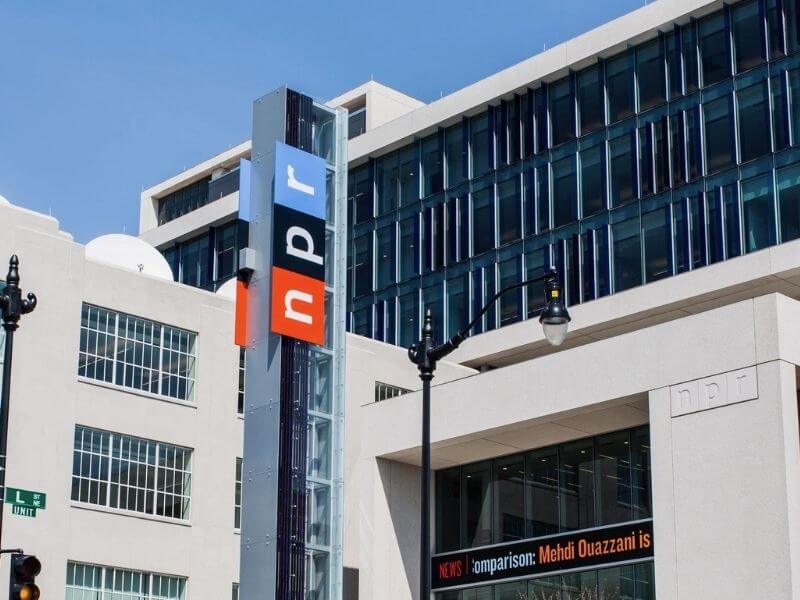
NPR to quit Twitter after being labelled ‘state-affiliated media’
National Public Radio (NPR) said on Wednesday it will no longer post fresh content to its 52 official Twitter feeds after the US organization was labeled as “state-affiliated media” by the social media platform.
“We are officially de-emphasizing Twitter across the organization,” NPR said in a statement, adding that it had made the decision after Twitter refused repeated requests to remove the “inaccurate label”.
Public TV broadcaster PBS also suspended tweets, citing the same reason. A PBS spokesman, Jeremy Gaines, told the Washington Post: “We don’t have any plans to return.” The broadcaster did not immediately respond to the Guardian’s request for a comment.
Twitter labeled both public media organizations as “state-affiliated media” before changing the wording to “government-funded media”. The BBC and Voice of America were also tagged.
Twitter was not immediately available for comment. Before a takeover of Twitter by Elon Musk, the label was reserved for propaganda networks like Russia’s RT and China’s Xinhua News Agency.
NPR is a non-profit media organization, based in Washington, that syndicates more than 1,000 local public radio stations across the US. Some public radio stations – including KCRW in Santa Monica, California, and WESA in Pittsburgh – also announced they would stop using the platform, though affiliated member stations were not tagged as “government funded”.
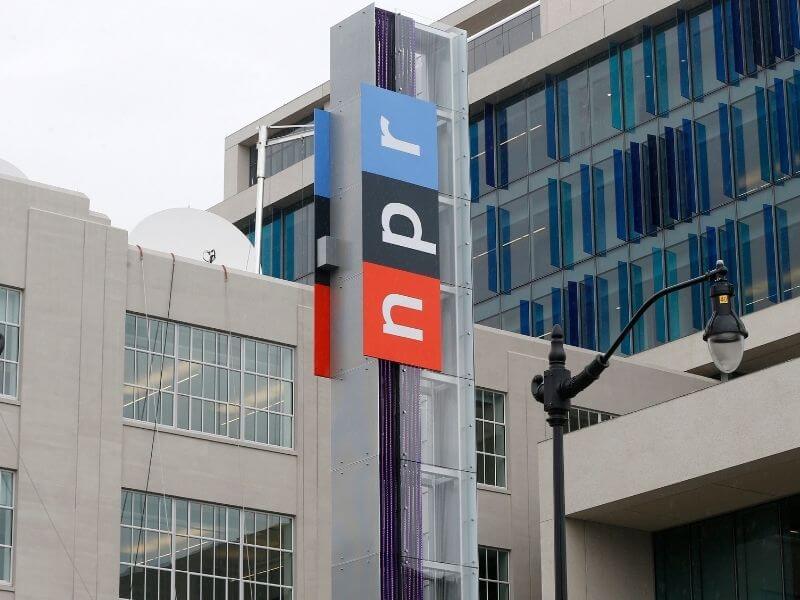
Above is information about Why did NPR leave Twitter? What is this NPR leave Twitter? that we have compiled. Hopefully, through the above content, you have a more detailed understanding of NPR leave Twitter. Thank you for reading our post.



